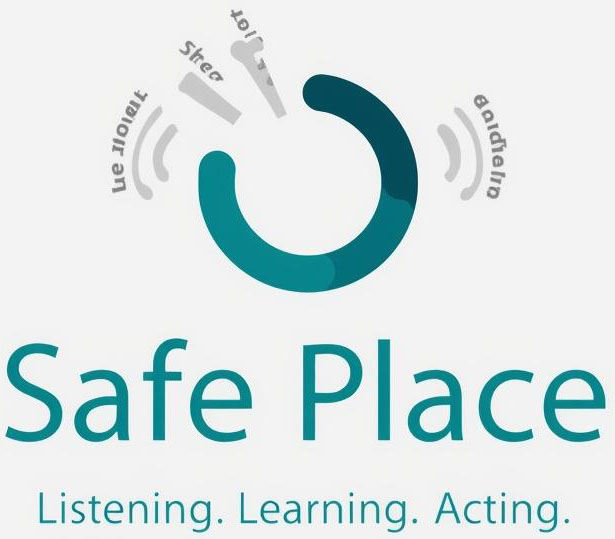ICIPS Safe Place
A safe place to be heard when serious concerns go unheard.

A safe place to be heard when serious concerns go unheard.
Organisations adopting the ICIPS standards of practice will be better placed to deal with emergencies as well as continuous improvement.
‘We are facing two emergencies; Covid and the resulting economic crisis’ says the former head of the civil service, Lord Kerslake.
The pace of change has been accelerated at every level, delivering in months what people had been trying to achieve for years – and change is now being driven from the grass roots up. “Radical innovation” is now required.
These were the common themes at a virtual conference on 9 July organised by the Institute for Continuous Improvement in Public Services (ICIPS). Lord Kerslake said that the all-embracing change inflicted by the pandemic could only be tackled by a three-pronged approach.
“As we go forward there are three big topics that will feature in the discussions ahead – resilience, frugality and the need to renew,” Lord Kerslake told delegates.
“In terms of resilience, we have found that too many of our services are too fragile to respond to this sort of shock. Frugality will examine how we get the best outputs and outcome for the resources we have available – which itself is a powerful driver of creativity.
“And how we renew – how we build back better, how we move out of the crisis in a way that achieves better results rather than just restore what went before.”
The distinguished crossbench peer – the conference’s keynote speaker – referred to the ICIPS’s standards of practice. He said that by investing in them, organisations will be better placed to deal with emergencies as well as continuous improvement. This was a “real opportunity” for the institute to demonstrate that if organisations invest in the standard they are likely to be better organisations generally.
He called for a national independent enquiry into the crisis “very soon” to learn lessons quickly as we could face the need to go through it all again.
John McTernan, a political strategist who has worked for prime minister Tony Blair and the First Minister for Scotland and who is an expert on leadership and management in public services, also spoke at the conference. He likened Covid-19 to “a light shining into the corners of our organisations”.
He referred to the “next normal” rather than the “new normal” as the future will not be visible for some time. He discussed with delegates what we should be responding to in this time of uncertainty.
Mr McTernan said we are living in a time when “culture eats strategy for breakfast”.
He believed one of the lessons of successfully coming out of a crisis, is to think, plan and lead – but the challenge of Covid-19 is to manage the challenges of now, and find the time to plan the future and the importance of getting the basic cultural settings in the organisation right, to ensure the strategy will be delivered. “Making this cultural change is one of the hardest things to do,” he said.
Looking back into his political experience he said: “There is nothing as long term as a temporary government programme.
“If you look at most successful government policies and programmes you would identify that the most successful are bi-partisan and built and improved step by step – a continuous improvement approach. Modest changes make the biggest impact.”
Councillor Peter Fleming OBE, leader of Sevenoaks District Council and chair of the LGA’s innovation and continuous improvement board, talked with delegates about the council’s drive to change culture using the belief: “a customer is anyone who isn’t me”.
He discussed how they retained all their services in-house which gave flexibility and the ability to influence culture. They set a 10-year financial rolling budget – unheard of in the public sector – with a 20-year plan behind it. There are many assumptions, but it gives focus and enables adjustment in response to events such as Covid-19. “No change” was certainly no longer an option, he said.
Rebecca McCaffry, associate technical director, management accounting, CIMA, talked about the human perspective of transformation from a finance and HR perspective, the huge impact of technology and the need to keep evolving.
At the heart of the finance function is information turned into insight, she said, which is used to influence in order to drive a positive impact. This meant a lot of crossover with the continuous improvement agenda.
Ms McCaffry felt the combination of artificial intelligence and human acumen is key to success of the finance function, yet only ten per cent of CFOs feel their teams have the technical skills they need.
“Covid-19 and the need to work differently means more reliance on technology, but in an increasingly digital world are we moving forward with technology to the detriment of people?” she asked.
Box sets of the conference are available for purchase from https://www.eventbrite.co.uk/e/continuous-improvement-2020-tickets-114258048900